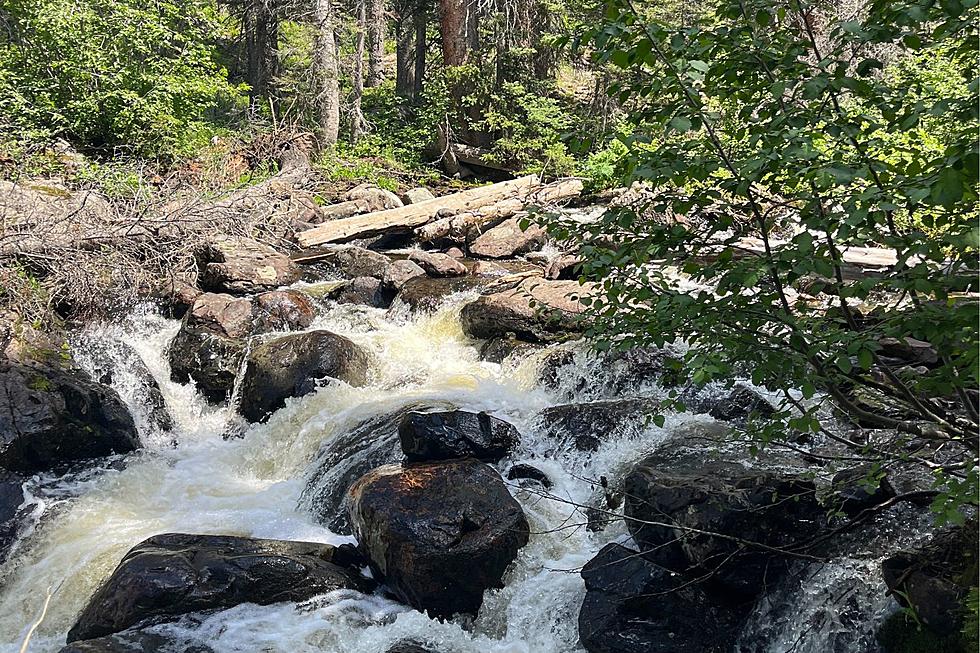
UW Director Co-Authors Article Making the Case Natural History
Carlos Martinez del Rio, director of the University of Wyoming Biodiversity Institute and UW Department of Zoology and Physiology professor, has co-authored a paper with 16 colleagues arguing that society would benefit from a revitalization of natural history research.
According to university officials, the article appears in the latest edition of BioScience, the journal of the American Institute of Biological Sciences.
According to the article, exposure and training in natural history has dropped steadily over the past 50 years, as measured by declines in college coursework and biology textbooks, the article says. That trend may be linked to a more general decline in public engagement with nature in the United States.
However, the article goes on to say that studies in the area of natural history have led to such developments as combating cholera. Also, that the collective focus on natural history by hunters, anglers, wildlife watchers and conservationists in the early 20th century helped save North American waterfowl species and established the successful waterfowl management system of today.
“Direct knowledge of organisms -- what they are, where they live, what they eat, why they behave the way they do, how they die -- remains vital to science and society,” the article reads. “The benefits of careful observation of organisms in their environment and the costs of pursuing environmental policies in which this critical component of science is ignored can be seen in human health, food security, conservation and management.”
More From Laramie Live









